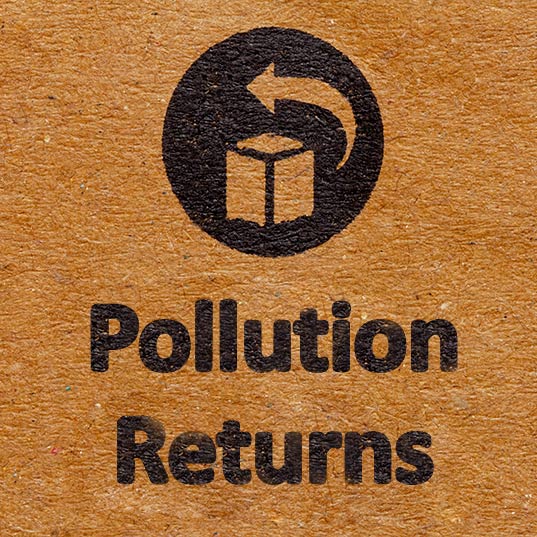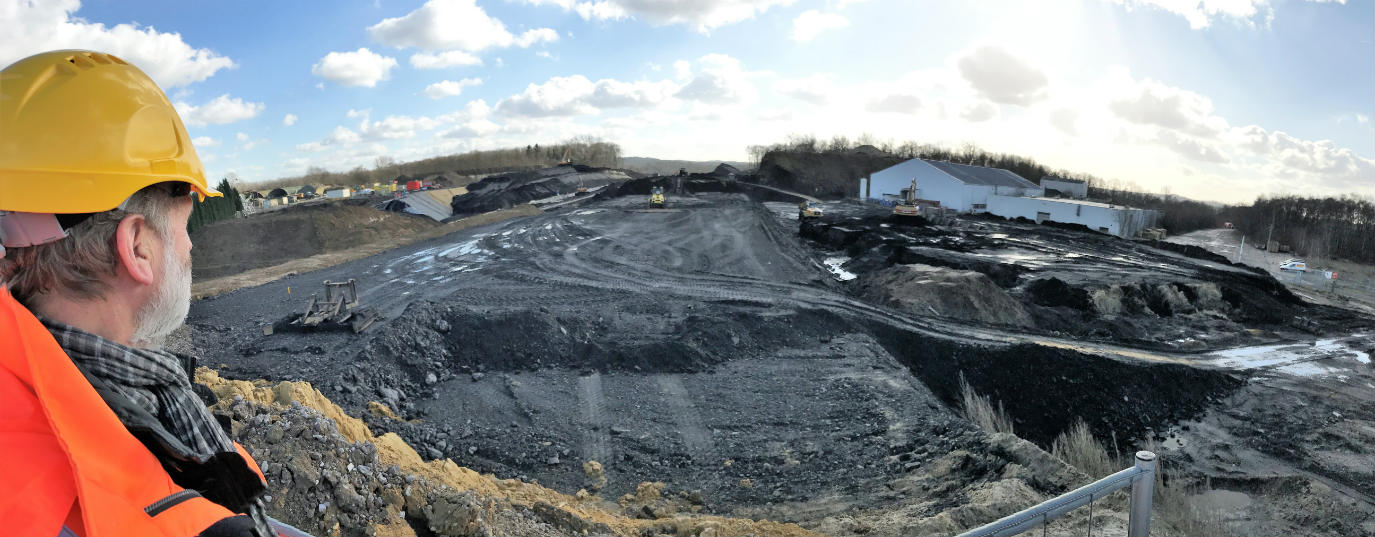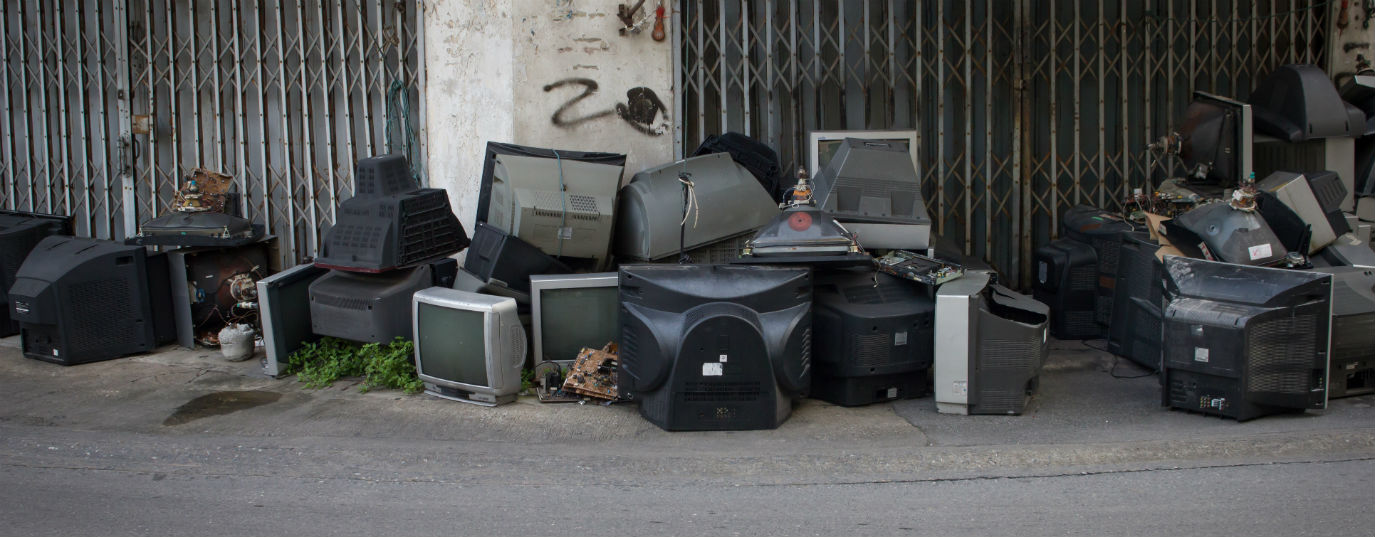Top 5 environmental crimes
Some of them are the most profitable criminal activities in the world, after drug and arms trafficking. Know the top 5!Environmental crime is now becoming a serious problem worldwide in different forms, with some of them being among the most profitable criminal activities in the world. The most common crimes against the environment are connected with the unlawful exploitation of wild fauna and flora, pollution, waste disposal and its trade.
Would you like to know what the five most serious environmental crimes are?
Major environmental crimes

1. Wild animal traffic;
Regarded by the Interpol as the third largest illegal business in the world –after drug and arms trafficking –wild animal traffic raises a serious threat for the world´s biodiversity survival. We can find several actors involved in this crime, but consumers are among the most important ones as this crime would disappear if supply and the high prices that people get to pay for them on the black market ceased to exist. As a creepy side-note, the more endangered the species is, the higher the price is for it. The most requested species are tropical birds (parrots, macaws, etc.), reptiles (serpents, crocodiles, etc.), arachnids (some types of tarantulas), monkeys (capuchins, chimpanzees, lemurs), and so forth. But animal trafficking does not only intend to sell them as company animals; we also find such serious cases like the sale of elephants´ or rhinoceroses´ ivory on the black market, used to make decoration items and/or in traditional Chinese medicine.
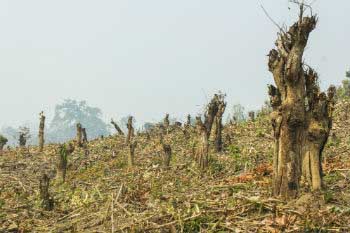
2. Indiscriminate logging:
Main cause of deforestation. The Amazon destruction –the largest rainforest in the world –speeded up in 2013 at a 29% rise in deforestation, according to the Brazilian government. The uncontrolled logging to get wood for furniture or other goods –or even for farm lands –is the most serious cause of this environmental crime. Other lands –like the Indonesian forests –disappear because of excessive palm oil cultivations.
How can we stop this? By demanding certified wood, avoiding products coming from extensive farming…Preventing these environmental disasters is also in our hands!

3. Electronic waste mismanagement.
In the so-called developed countries there are up to 50 million tonnes of electronic waste every year (computers, TV sets, mobile phones, appliances, etc.). And up to 75% of all these is estimated to leave the official circuit and a good deal of them to be illegally exported to Africa, China or India. It is the case of Ghana´s rubbish dump, a large electronic waste dump coming from the West. Even though the export of this dangerous waste, including the electronic one, is banned in some places, like for example in the EU since 1992, a very good deal of this rubbish, which should be treated, ends up in these remote places polluting it all. We can thus work by demanding governments that they should take recycling measures adjusted to our production and consumption rate, so that they will not end up as polluting rubbish dumps anywhere in the world.

4. Finning:
A hundred million sharks are captured every year by specialised ships and up to 70 million of them are captured to only have their fins cut off alive on the ship and then be thrown back into the sea. This practice involves a slow and painful death, and it has been banned in the EU since 2003. Knowing that a kilogramme of a shark fin is worth 600 euros in the Asian market, the finning trade is patently obvious. Think about where the shark fin soup comes from when you next see it on the Asian restaurants´ menus, and think twice. Besides from being beautiful and strong creatures, sharks are essential animals for the trophic chain in oceans and therefore essential for their survival.
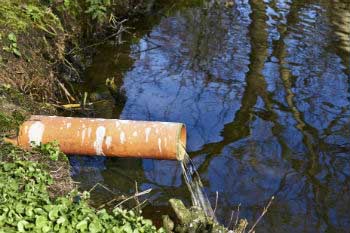
5. Dumping in rivers and aquifers.
This kind of environmental crime is most often caused by companies, factories and Public Administrations. Faecal and toxic waste coming from factories is usually dumped in a controlled way, but this is not always the case. In these cases waste is uncontrollably released into the environment, while at the same time polluting rivers, lakes aquifers, etc. This is a very serious crime because not only does it cause the local wildlife to die or get ill but also, as a result of the water leaking into the soil, it finds its way to pollute the surrounding flora as well, affecting the food chain. There are many ways to avoid this waste-dumping problem, such as using sewage collectors or sewage plants, among others.
Considering the effects that these crimes have on the environment, we have to bear in mind that many times they also involve people exploitation, corruption crimes and money laundering, killings (as in the case of illegal logging) and many others related.
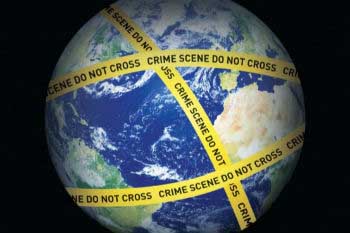
At present there are also other kinds of very serious crimes which have recently emerged, like those related to the carbon emission trading, and both the new and the old crimes are to be watched in order to attain a more sustainable future in which we will not keep destroying the environment.
And…do you think you can do something to stop these environmental crimes? Tell us how!
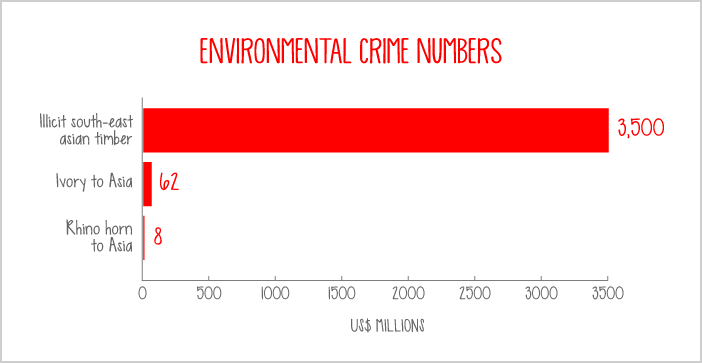
More information: Interpol, International Union for Conservation of Nature IUCN, United Nations Office on Drugs and Crime UNODC.


